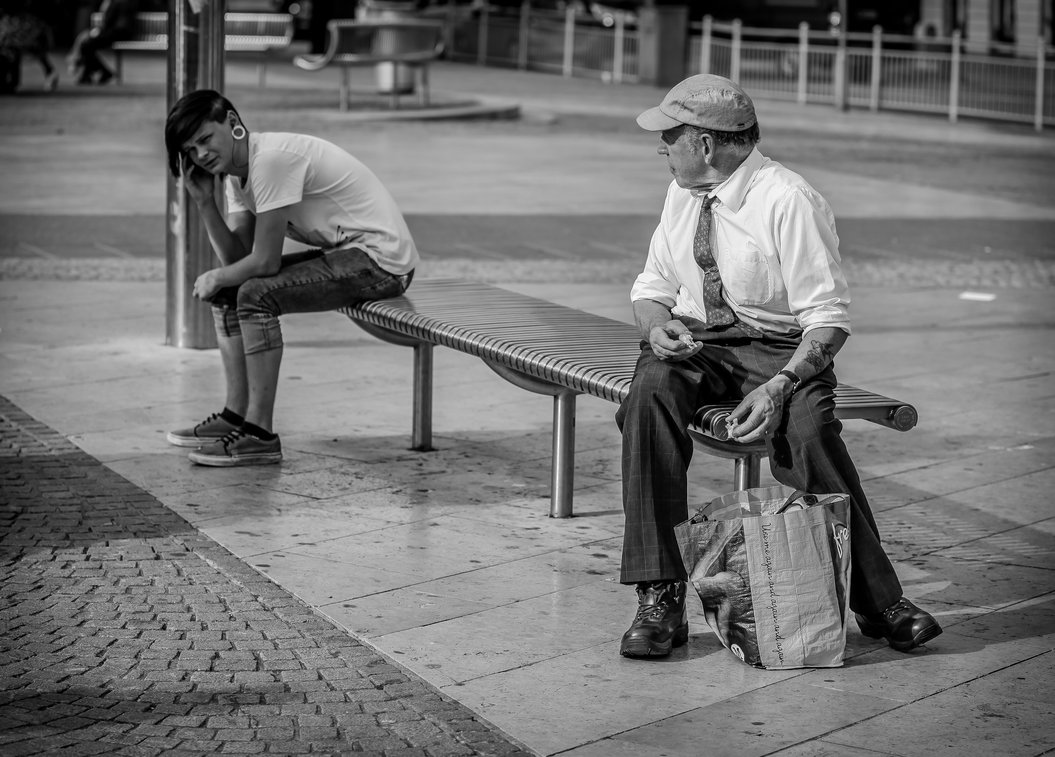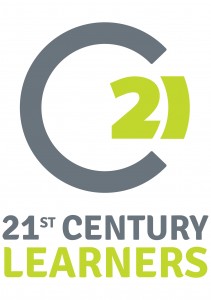A Dialogue Between Old and Young – (British) Values in Action
Crewe Town Council recently gave a small grant to TYA Creative and me to develop a project around British Values, with a particular emphasis on developing understanding between young and old in the town.
We see this as an opportunity to address the British Values agenda in a meaningful and educationally purposeful way that will meet several of the criteria set out in the DfE’s advice to maintained schools – to develop self-knowledge, to encourage respect for others and to encourage students to contribute to their communities, for example. We believe that facilitated dialogue, augmented by process drama, will allow us to achieve this; we hope to engage young and old together in a dialogue around the values they hold to be important.
We are still in the early stages of the project. What follows is an explanation of the thinking behind our approach; subsequent posts will describe our work in a supported housing project and in schools.
Why Dialogue and Drama?
As discussed in a previous post, the term ‘dialogic‘ can be interpreted to mean ‘reason across difference‘; true dialogue is a medium through which different perspectives are brought together and held in tension, opening up the possibility of a better shared understanding being constructed. The process is both critical and creative; drama offers a range of creative tools to deepen the engagement with other human perspectives (emotions, ‘irrational’ beliefs and all), and to give expression to the emerging understandings.
Let’s return to those DfE criteria. Developing self-knowledge involves becoming aware of why we think what we think, and testing the strengths of our beliefs through encounters with those who disagree with us. Respect for others can be deepened when we are willing to ‘visit’ and explore (though not necessarily accept) other perspectives and to explain our own views and open them to scrutiny. These things are dependent on dialogic skills and attitudes.
And if we truly want our young people to contribute to their communities we need to show them that their views will be engaged with seriously and that they can make a difference. We also need to help them to develop well-reasoned arguments and to respond positively to those who disagree with them – to view this as an opportunity to learn something new and move towards a better truth. When it comes to engaging with democracy, voting is not enough. Young people (and the rest of us) need to have the opportunity to engage in ‘political enquiry‘, coming to support those courses of action that are best reasoned, not necessarily those that seem most facile and popular.
To me these aims are profoundly educational. They help to socialise our young people and they offer them opportunities to make unique contributions to their communities – to become subjects (see this earlier post for more on these ideas). They help to increase young people’s sense of connection to their world; they help to ‘humanise’ the curriculum and give it a sense of moral purpose (themes recently explored by Debra Kidd, John Rainer, Jonathan Neelands and Geoff Smith at this conference, among other places). Addressing British Values does not compel us to jump through hoops or tick boxes, rather it can help us to move towards a broader vision of educational purpose.
What Have We Done So Far?
We began our project by establishing a working party including teachers from four local secondary schools and representatives from the local library and the Crewe branch of the Royal British Legion. The teachers were keen that the children be introduced to the project in school before meeting the older people; other members of the working party suggested that we involved residents at a local supported housing scheme. As a result, we will work with the two groups in parallel to explore their ideas around community values, and to develop them into a form that can be presented as a stimulus to the final dialogue. Exactly how the two halves of the stimulus come together and what kind of dialogue will emerge as a result remains to be seen. We will need to work hard to develop a caring and collaborative environment in which all feel safe to share their ideas and hold them up for scrutiny. Our hope is that some practical ideas for bringing the generations together and giving them the opportunity to contribute something of real value to their community will emerge. Subsequent posts will detail our work in the housing scheme, in schools and the final session of inter-generational dialogue.



